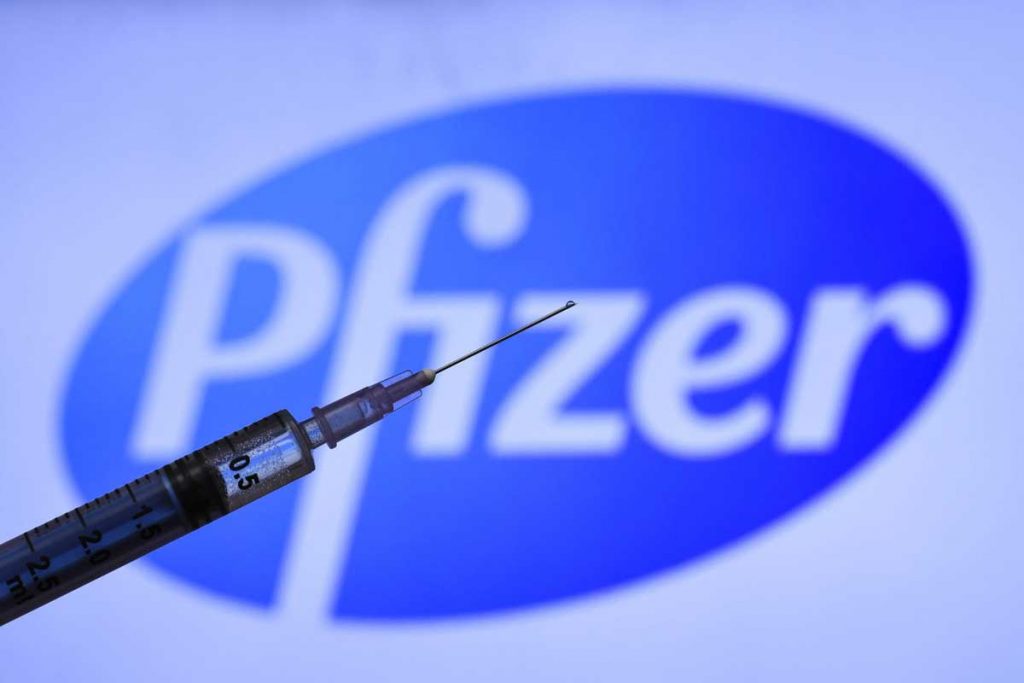
The US Food and Drug Administration has approved Pfizer-BioNTech’s Comirnaty vaccine on August 23 for the prevention of the coronavirus. This is the first time the FDA has approved a vaccine to prevent COVID-19, officially known as SARS-CoV-2.
So far, the Pfizer-BioNTech vaccine, along with Moderna and Janssen, has been available in the US under ‘Emergency Use Authorization.’ Pfizer-BioNTech can still use this emergency authorization to vaccinate children aged 12-15 because their FDA approval is for 16 and above.
US President Joe Biden saw the FDA approval as a confidence booster to anyone hesitating to get vaccinated.
Hollywood celebrity Seth MacFarlane tweeted that given the FDA’s high standards, the approval must make the public feel very confident.
Why the name ‘Comirnaty’
The vaccine’s name is not selected now. It had been listed as Comirnaty with the World Health Organization since late December 2020.
News organizations such as ‘Forbes’ and ‘USA Today’ who have spoken to the Brand Institute which came up with the name, amongst other reasons, pointed out that Comirnaty has all the letters from mRNA.
That should explain it.
Given that the mRNA technology is being touted as cutting-edge and competitors across the world are still playing catch-up (except Moderna, which too uses mRNA), Pfizer and BioNTech might as well let the product name remind the consumers of their success.
After all, mRNA potential was always anticipated and experimented upon, but no one has made any successful use of it until now. And it isn’t just about COVID-19 either. Scientists are excited about the prospects of being able to develop vaccines at a much faster rate from here onwards.
How is mRNA tech different from viral vector vaccines?
The mRNA vaccine does not use adenovirus or virus any dead or weak, as a vector to induce human cells to create antibodies.
What this vaccine does is that it sends the code directly to the injected person’s cell(s) to make a spike protein, which mimics the outer layer of the covid-19 virus.
This helps the immune system to produce the required antibodies when the vaccinated person is exposed to the coronavirus.
The mRNA molecule is very fragile and so the vaccine needs very low temperatures to stay effective.
Third shots of the vaccine, also known as booster shots, are recommended to keep its efficacy high.
Any negative reactions reported from taking Comirnaty?
Centers for Disease Control and Prevention (CDC) in the US has said in June that more than a thousand cases of heart inflammation were reported after taking the vaccine, but given that hundreds of millions of doses were administered, these incidents are rare.
Fears were raised about a possible interference with the DNA, but experts have pointed out that the mRNA won’t get inside the cell’s nucleus, and so there is no fear of such an obtrusion.
When is India getting them?
In a recent press conference, White House Press Secretary Jen Psaki mentioned 2022 as a possibility when speaking of shipping Pfizer vaccines to India.